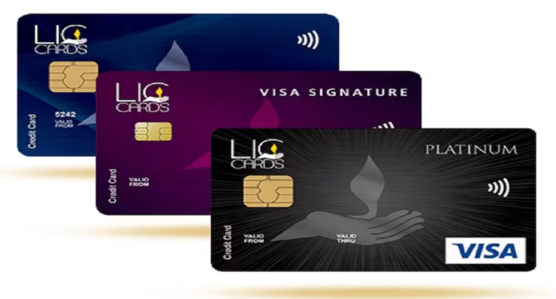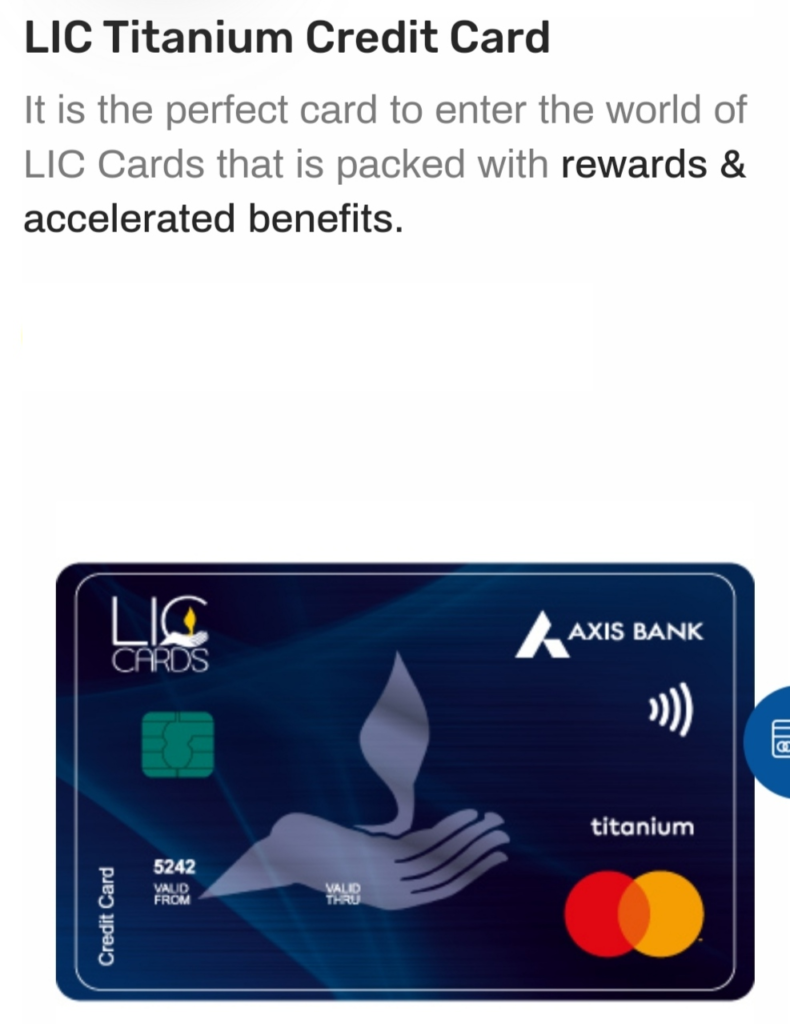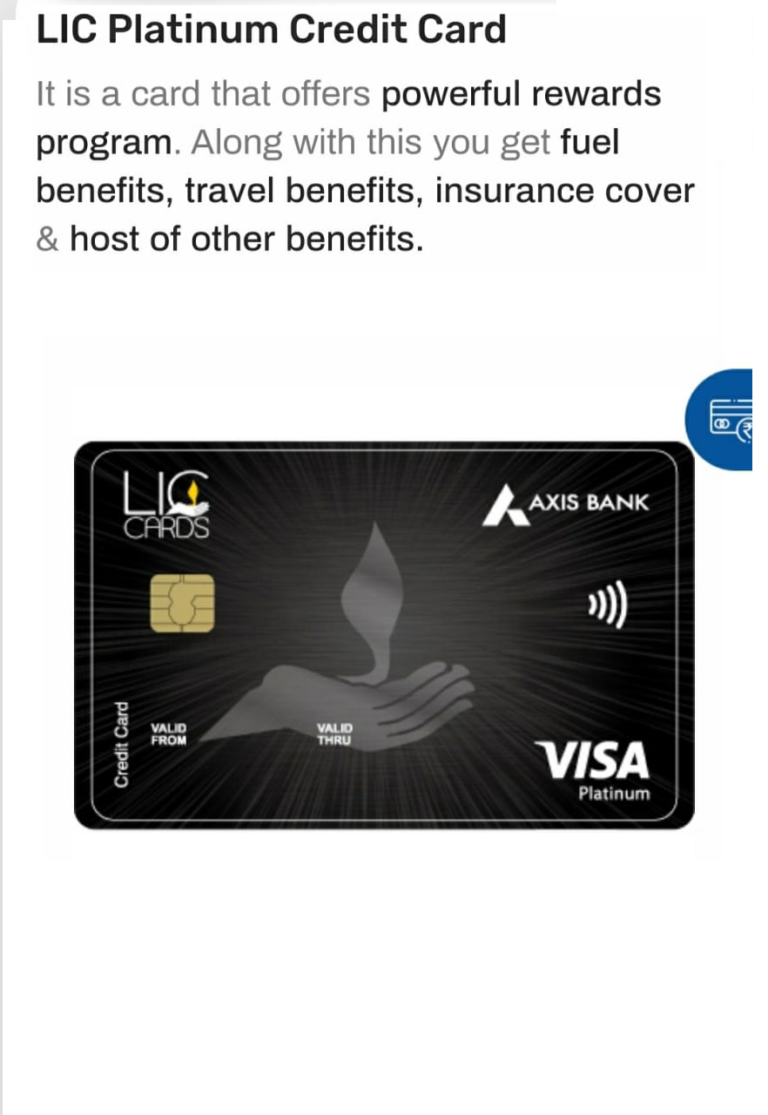CREDIT CARDS
Credit cards have become an increasingly popular payment method in India over the last few years. According to the Reserve Bank of India (RBI), a credit card is a plastic card issued by banks and financial institutions that enables the cardholder to borrow funds on a revolving basis for making purchases or to obtain cash advances. With over 60 million credit card users in India as of August 2021, the credit card industry has been growing at a CAGR of 25% over the last few years.
The average credit card spends per user in India increased by 6.7% in FY 2021. This increase can be attributed to the convenience that credit cards offer in making purchases without the need for cash. Moreover, credit card applications have increased by 23% in FY 2021, indicating the growing demand for credit cards in the country. The total outstanding credit card dues in India amounted to Rs. 1.04 lakh crore as of March 2021, indicating the significant amount of credit card debt that exists in the country.
The average credit limit on a credit card in India is around Rs. 1.7 lakh. However, it is important to note that credit card interest rates in India can be quite high, with an average interest rate of around 36% as of March 2021, according to the RBI. This means that cardholders who do not pay their credit card bills in full and on time may end up accumulating a significant amount of debt due to high-interest rates.
Despite the high-interest rates, credit cards are still a popular payment method in India. In FY 2021, the number of credit card transactions in India increased by 30% compared to the previous year. This indicates that more and more consumers are opting to use credit cards for their transactions. Credit cards also offer various benefits such as reward points, cashback offers, and discounts on purchases, making them an attractive option for consumers who want to save money on their purchases.
Credit cards have become an essential part of the financial landscape in India, offering a convenient and secure way to make purchases. With the growing number of credit card users in the country, it is important for cardholders to use credit cards responsibly and pay their bills on time to avoid accumulating high levels of debt due to high-interest rates. The benefits offered by credit cards, such as reward points and cashback offers, make them an attractive option for consumers who want to save money on their purchases.
Our Offering




For more information
Importance of Credit Cards
Financial Management
Credit cards provide convenience and flexibility for managing finances, including building credit, accessing emergency funds, and enjoying rewards and benefits.
Versatility & Convenience
Credit cards are versatile and convenient financial tools, allowing cardholders to make purchases and payments easily while enjoying a range of benefits and travel perks.
Protection & Security
Credit cards offer protection and security for purchases, including purchase protection, fraud protection, and dispute resolution services.
Frequently Asked Questions
A credit card is a plastic card issued by a financial institution that allows you to borrow money up to a certain limit to make purchases or pay bills, which must be repaid with interest and fees if not paid in full by the due date.
A debit card allows you to spend money that you already have in your bank account, while a credit card allows you to borrow money that you will have to repay with interest and fees.
There are many different types of credit cards, including rewards cards, travel cards, balance transfer cards, secured cards, and cashback cards
Credit card rewards programs allow you to earn points, miles, or cashback for purchases made using the card. These rewards can be redeemed for travel, merchandise, or other perks, depending on the type of card and program.
To avoid credit card fees, you should pay your balance in full and on time each month, avoid cash advances, and choose a card with no annual fees.
A credit score is a numerical value that represents your creditworthiness, based on factors such as your payment history, credit utilization, length of credit history, and types of credit used.
Credit cards can impact your credit score positively if you use them responsibly by paying your balance in full and on time each month. However, they can also have a negative impact if you carry a high balance or miss payments.
If you suspect fraudulent activity on your credit card, you should immediately contact your card issuer to report the issue and dispute any unauthorized charges.
A balance transfer allows you to move debt from one credit card to another, usually with a lower interest rate or promotional rate. This can help you save money on interest charges and pay off debt faster.
A credit limit is the maximum amount of money that you can borrow on your credit card. It is determined by the card issuer based on factors such as your credit score, income, and payment history.
To avoid credit card debt, make sure to only charge what you can afford to pay off each month, and avoid carrying a balance. Set a budget and track your expenses to avoid overspending.
Missing a credit card payment can result in late fees, increased interest rates, damage to your credit score, and potential legal action or debt collection efforts by the credit card company.
To dispute a credit card transaction, contact your card issuer and explain the issue. They may ask for additional documentation or evidence and will investigate the dispute before issuing a resolution.
To cancel a credit card, contact your card issuer and request to close the account. Pay off any outstanding balance before closing to avoid additional interest charges or fees.
If your credit card is lost or stolen, you should contact your card issuer immediately to report it. They will likely cancel your card and issue you a new one. You may also want to monitor your account for any unauthorized transactions.
Protect your credit card from fraud by keeping it secure, checking your statements regularly for unauthorized charges, and reporting any suspicious activity to your card issuer immediately. Consider signing up for alerts or monitoring services offered by your issuer.
To increase your credit card limit, you can contact your card issuer and request an increase. They may require you to provide some financial information to assess your creditworthiness. You can also try to improve your credit score, which may make you eligible for a higher credit limit.
